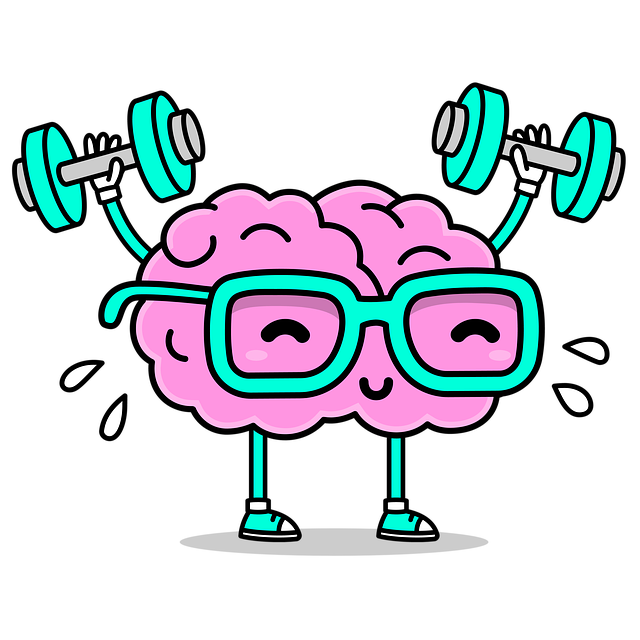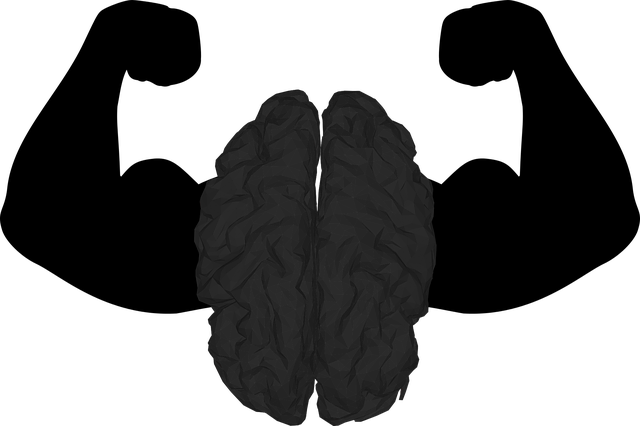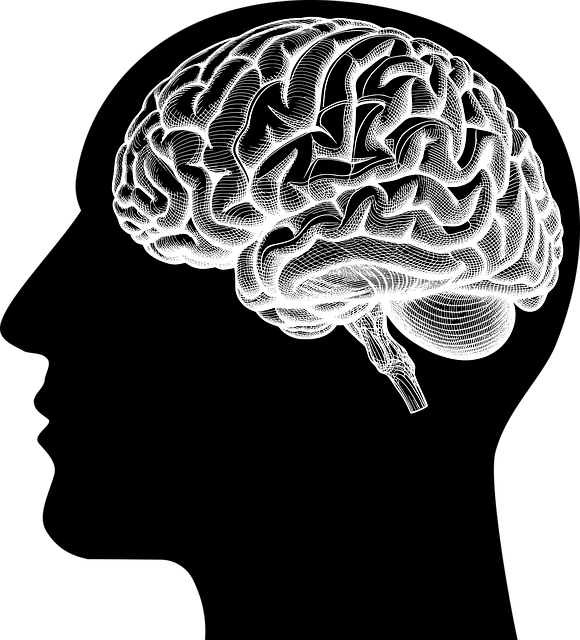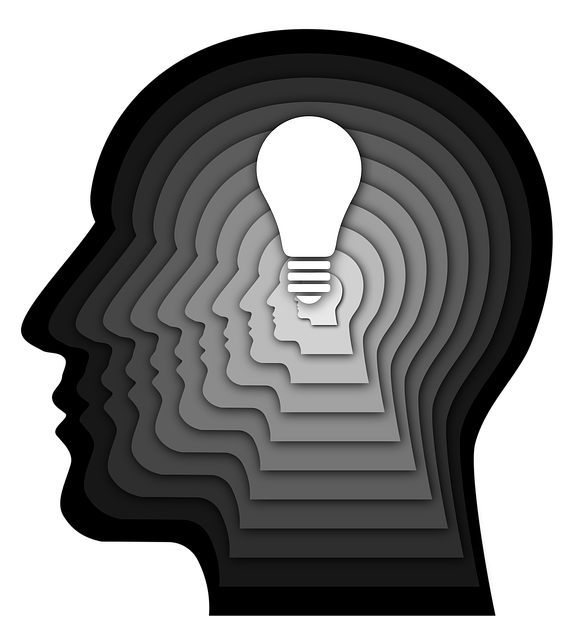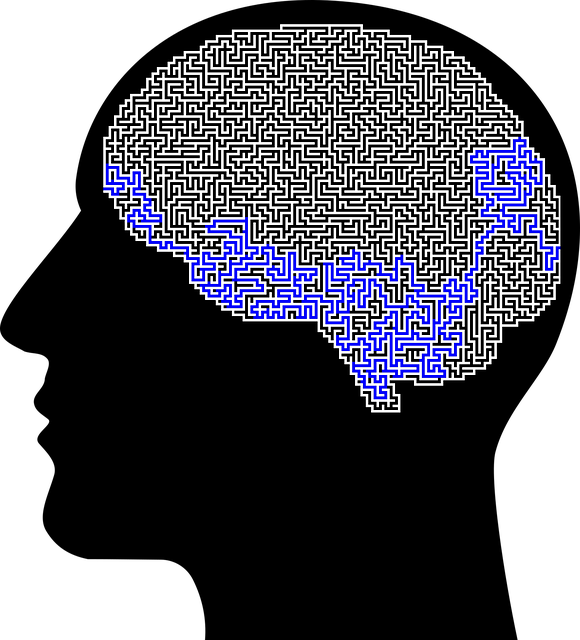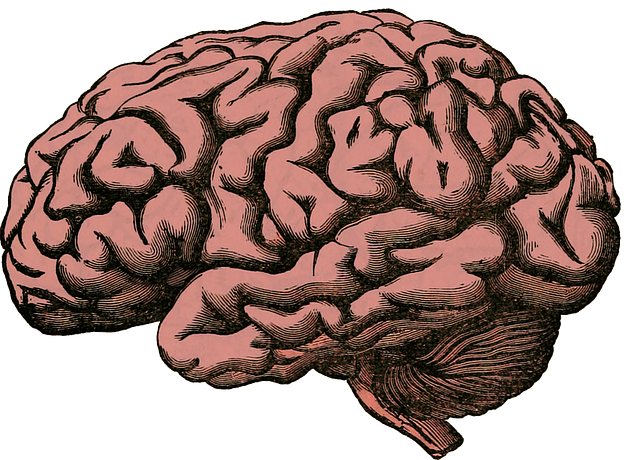Mood regulation, crucial for well-being, involves managing and stabilizing emotions to align with personal goals. Neglecting emotional dysregulation can lead to severe mental health issues, strained relationships, and impaired daily functioning. Comprehensive healthcare integrates holistic approaches like Superior Anger Management Therapy (SAMT), mindfulness meditation, and mental wellness coaching to enhance mental wellness. SAMT, through risk management planning, cognitive techniques, and cultivating compassion, empowers individuals to control anger healthily, transform negative thought patterns, and promote emotional well-being. Adopting a healthy lifestyle, including consistent exercise and adequate sleep, alongside SAMT, offers a holistic path to achieving emotional balance, reducing mental illness stigma, and improving quality of life.
Mood regulation is a vital aspect of maintaining emotional well-being. In this article, we explore effective strategies to enhance your mood stability and overall resilience. From understanding the impact of anger management to adopting cognitive techniques for emotional transformation, we provide a comprehensive guide. Discover powerful lifestyle changes that can significantly improve your mental health and embrace a superior approach to anger management therapy.
- Understanding Mood Regulation and Its Impact on Well-being
- Common Strategies for Effective Anger Management
- Cognitive Techniques to Transform Emotional Responses
- Lifestyle Changes for Enhanced Mood Stability and Resilience
Understanding Mood Regulation and Its Impact on Well-being

Understanding Mood regulation is paramount for maintaining optimal well-being. It involves managing and stabilizing emotions, ensuring they align with one’s goals and values. Effective mood regulation strategies empower individuals to navigate life’s challenges with resilience, enhancing their overall quality of life. When left unaddressed, persistent emotional dysregulation can lead to detrimental impacts on mental health, relationships, and daily functioning.
Superior Anger Management Therapy, for instance, is a specialized approach that delves into the roots of anger and provides individuals with valuable tools to manage intense emotions. Alongside therapy, practices like Mindfulness Meditation and Mental Wellness Coaching Programs Development offer evidence-based techniques to foster self-awareness, emotional balance, and coping strategies. These holistic approaches, integrated within comprehensive Healthcare Provider Cultural Competency Training, contribute significantly to improved mental wellness and a more fulfilling life.
Common Strategies for Effective Anger Management

Anger is a powerful emotion that, when left unmanaged, can lead to strained relationships and detrimental mental health effects. Superior Anger Management Therapy focuses on empowering individuals to recognize and control their anger in healthy ways. One of the most effective strategies involves understanding and applying risk management planning for mental health professionals, ensuring safe and constructive outlets for angry feelings.
Through compassion cultivation practices, individuals learn to approach their anger with empathy towards themselves and others, fostering emotional healing processes. This doesn’t mean suppressing anger but rather transforming it into a driving force for positive change. By combining these techniques with regular therapy sessions, one can effectively navigate the emotional labyrinth, reducing anger’s intensity and promoting a more balanced mental state.
Cognitive Techniques to Transform Emotional Responses

Cognitive techniques play a pivotal role in transforming emotional responses, especially when it comes to superior anger management therapy. By challenging and changing negative thought patterns, individuals can gain control over their emotions. This involves identifying distorted thinking, such as jumping to conclusions or catastrophizing, and replacing them with more realistic and balanced perspectives. Techniques like cognitive reframing, mindfulness practices, and rational self-talk help in managing anger effectively, promoting emotional well-being promotion techniques, and reducing the intensity of aggressive impulses.
These strategies not only aid in anger management but also serve as powerful emotional well-being promotion techniques, contributing to a boost in confidence. By learning to disengage from automatic negative thoughts, individuals can enhance their ability to respond calmly and constructively to challenging situations. This cognitive shift empowers them to navigate through stress and anxiety relief triggers with resilience, ensuring better control over their emotional reactions and fostering a sense of inner peace.
Lifestyle Changes for Enhanced Mood Stability and Resilience

Adopting a healthy lifestyle plays a pivotal role in regulating moods and fostering resilience to emotional stressors. This involves prioritizing consistent exercise, which releases endorphins that can alleviate stress and anxiety while boosting overall well-being. Adequate sleep is another cornerstone; aiming for 7-9 hours nightly supports mental stability and allows the brain to process emotions effectively.
In terms of coping skills development, incorporating mindfulness practices such as meditation or deep breathing exercises enables individuals to manage anger and other intense emotions more constructively. Additionally, engaging in activities that promote relaxation, like yoga or spending time in nature, can serve as powerful stress reducers. These lifestyle changes, combined with superior anger management therapy techniques, offer a holistic approach to achieving and maintaining emotional balance, thereby mitigating the impact of mental illness stigma reduction efforts while enhancing overall quality of life.
In conclusion, mastering mood regulation is a powerful tool for enhancing overall well-being. By understanding the impact of emotions on our lives, we can employ various strategies such as cognitive techniques, lifestyle changes, and effective anger management to achieve emotional balance. Incorporating these practices into daily routines allows for greater resilience and a superior approach to anger management therapy, ultimately leading to a more fulfilling and harmonious life.
